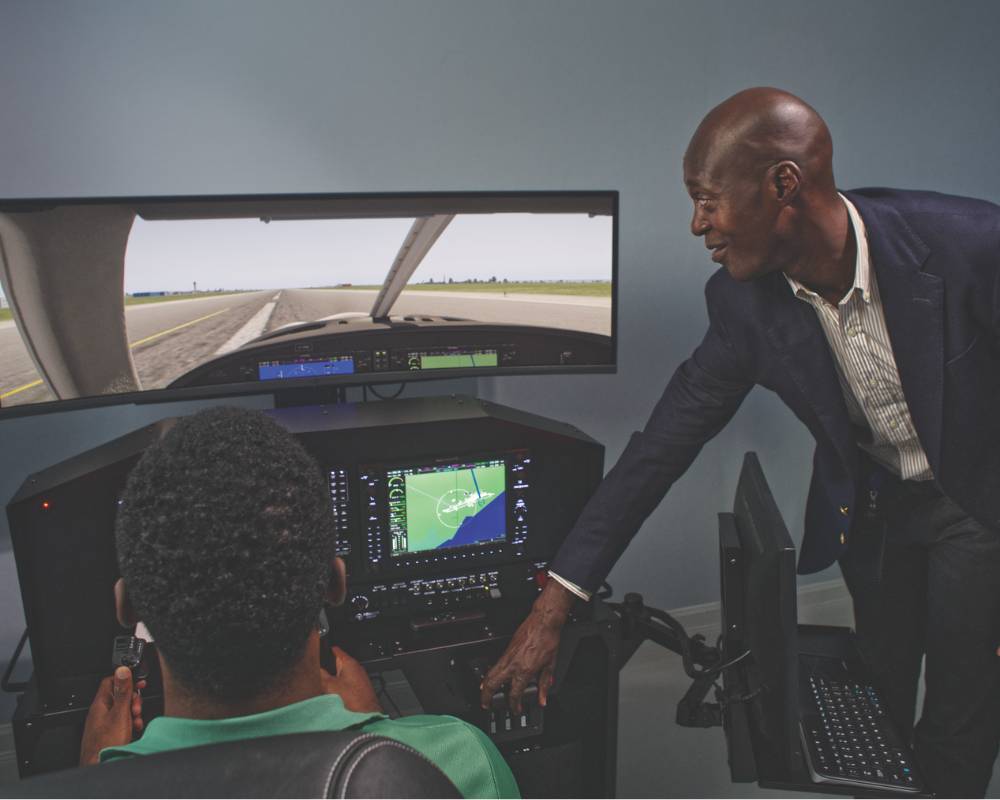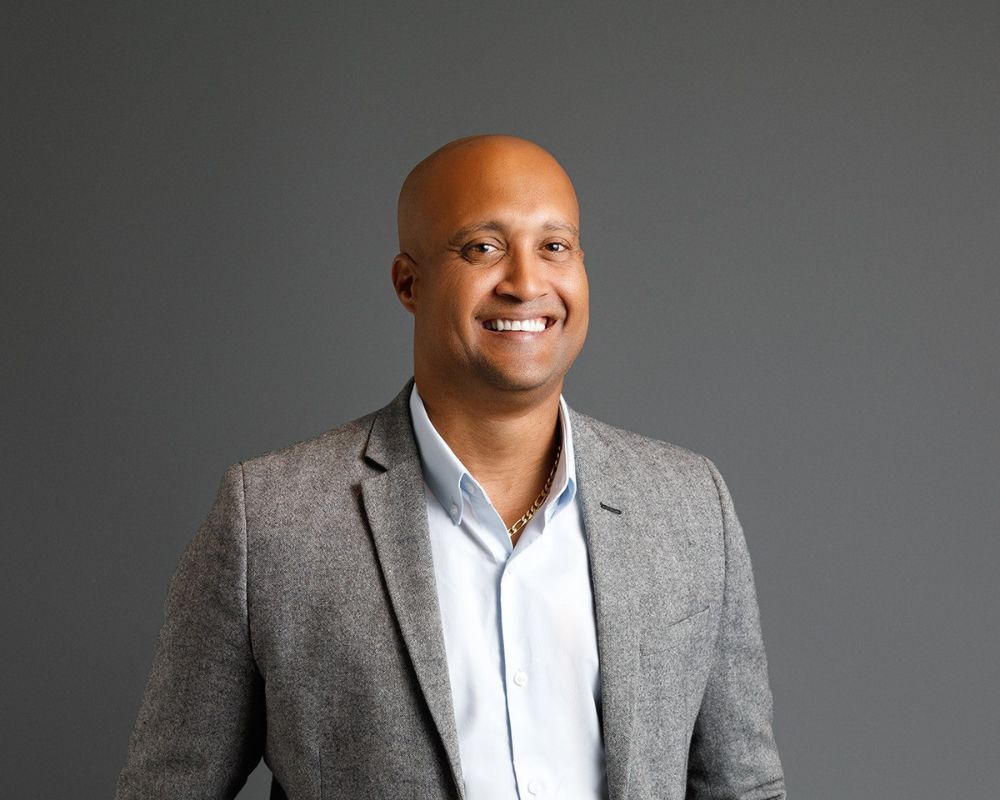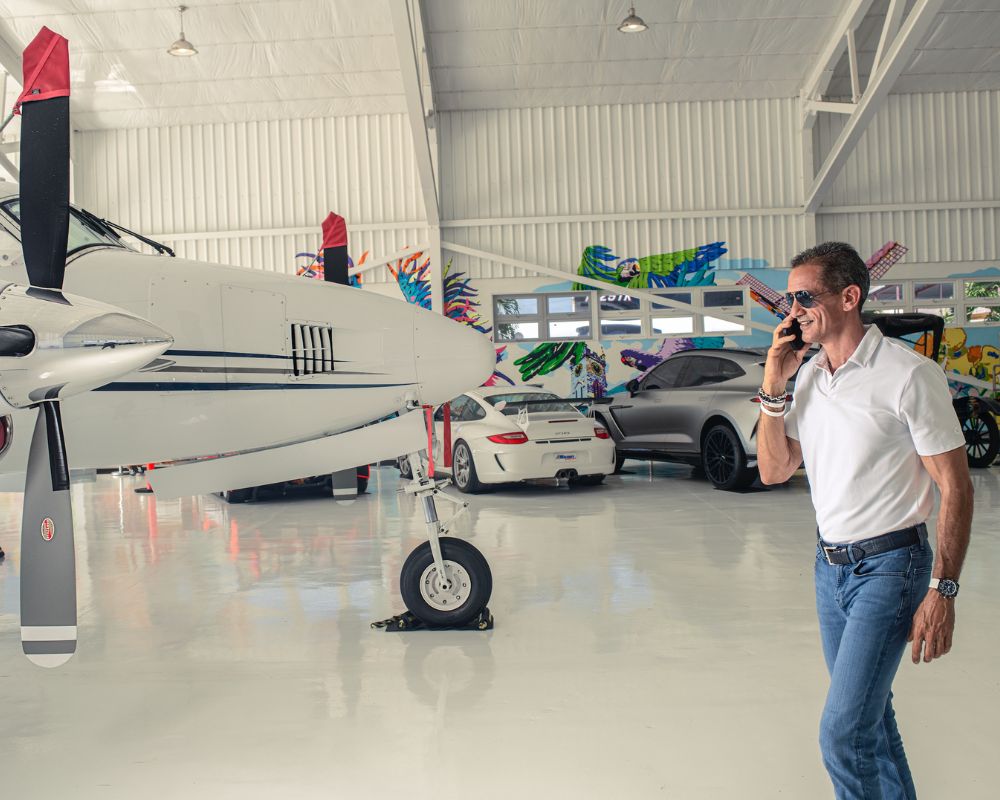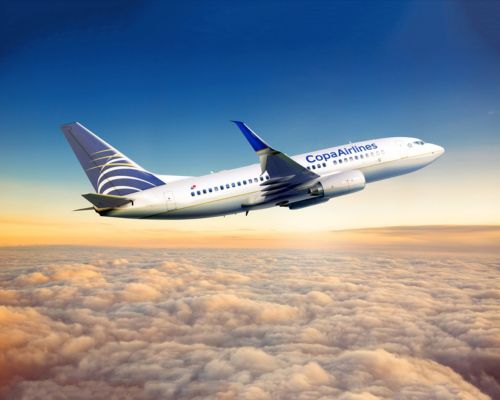-63.avif)
Virgin Atlantic has shared headline results from Flight100, the first transatlantic flight on 100% Sustainable Aviation Fuel (SAF), proving not only that the SAF used for the flight is safe to use with existing infrastructure and delivers material reductions in CO2, but can also improve local air quality, contribute to a reduction on persistent contrail formation and reduce fuel use.
Flight100, which flew from London Heathrow to New York JFK on 28 November 2023, was the world’s first commercial aircraft operating across the Atlantic on 100% SAF, on a Boeing 787, using Rolls-Royce Trent 1000 engines. The flight did not require any engine, airframe or fuel infrastructure changes and operated on safety standards equivalent to every other commercial flight.
The flight followed more than a year of radical collaboration by a Virgin Atlantic led consortium including Boeing, Rolls-Royce, Imperial College London, University of Sheffield, ICF and Rocky Mountain Institute, was part funded by Department for Transport and approved by the UK’s Civil Aviation Authority (CAA) and other regulators including the US Federal Aviation Authority (FAA).
Virgin Atlantic and Barbados
Virgin Atlantic operates daily flights between the UK and Barbados, as well as inter-island flights between Barbados and Grenada, and Barbados and St Vincent. Barbados, like many small-island developing states is at the receiving end of climate change impacts. The country has ambitious goals to transition to 100% renewable energy and achieve carbon neutral status by 2030.
Read the Executive Summary
To read Virgin Atlantic's executive summary in full, click on the image below:

Shai Weiss, Chief Executive Officer, Virgin Atlantic said:
“Flight100 was more than a year in the making, demonstrating that together we can achieve more than we can alone. Virgin Atlantic is committed to finding new solutions, leading efforts to decarbonise our industry and to share any learnings or innovations. This approach underpins Flight100.
“We have demonstrated that it can be done – SAF is a safe drop in replacement for fossil fuel and can be used with today’s infrastructure. The project findings shared today range from the carbon emission savings achieved, fuel performance vs fossil derived Jet A-1 and the wider environmental benefits that adopting SAF may deliver in the future. We are ready to fly 100% SAF, but a scale up in production of c. 100 times from where we are today is needed to meet 10% SAF by 2030. We must now see urgent action from Government, oil majors and private capital to invest in the production capacity needed to deliver a thriving UK SAF industry. We’ve proven that if enough SAF is made, we will fly it.”
Sir Richard Branson, Founder, Virgin Atlantic said:
“It was a privilege to be onboard Flight100 with the amazing teams that made it happen. Flight100 was an example of what can be achieved through collective ambition and radical collaboration. Challenging the status quo is in our DNA at Virgin. Proving that 100% SAF is operationally achievable today, with equivalent safety standards to all our other flights, was a pivotal moment but not a silver bullet. There is more work ahead to scale SAF at pace and whilst we cannot solve that challenge alone, Virgin Atlantic is committed to being at the forefront of the monumental effort required to decarbonise long haul flight.”





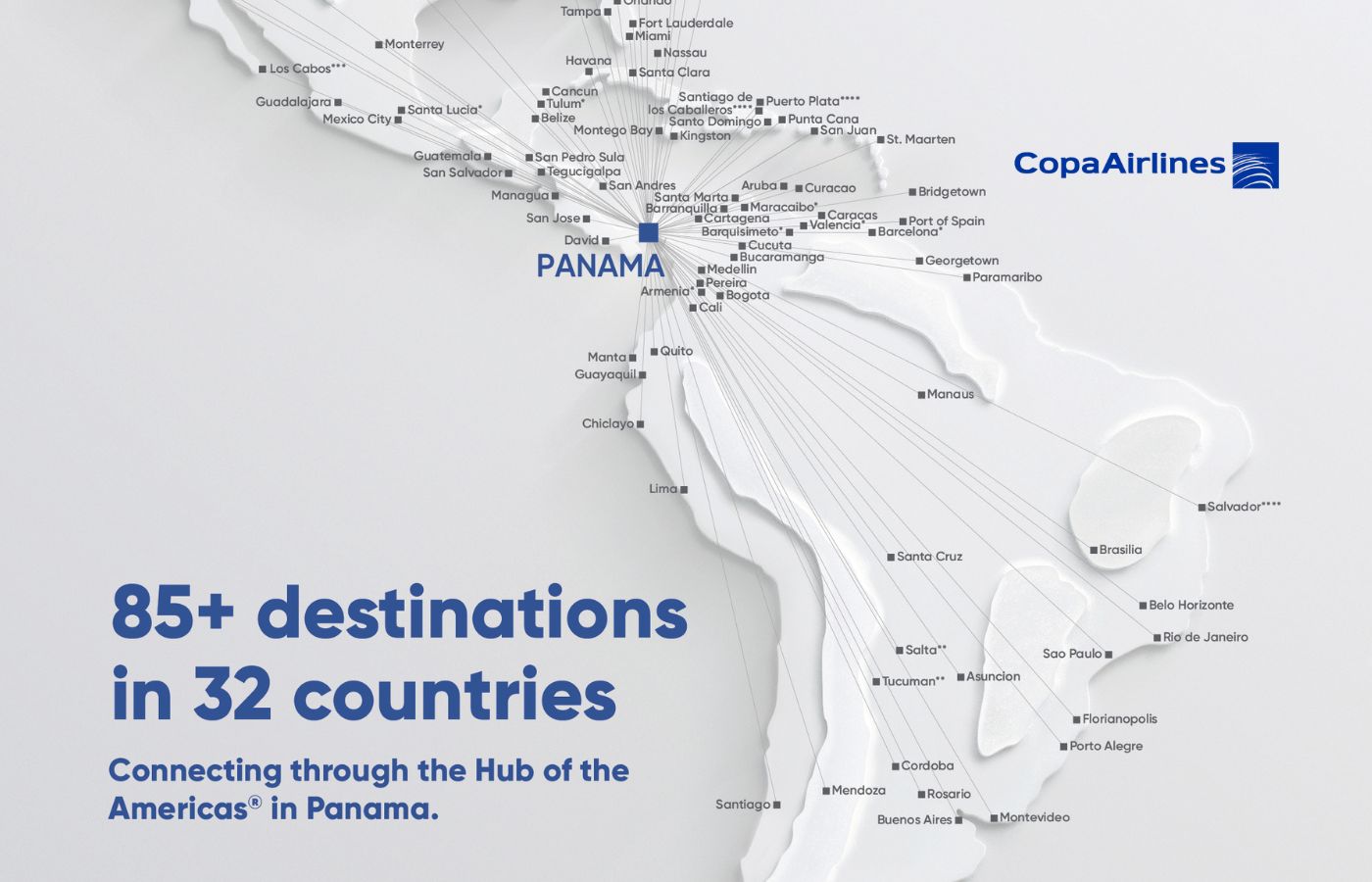


-51.avif)
